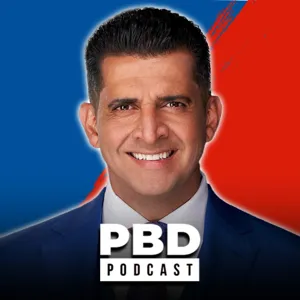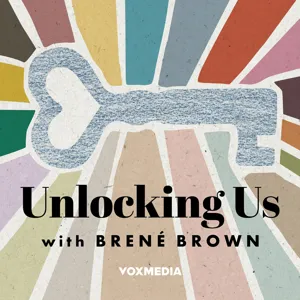Hip-Hop A CIA Psyop? The Truth About DEI & Police Brutality w/ Roland Fryer | PBD Podcast | Ep. 388

Patrick Bet-David, Tom Ellsworth, and Vincent Oshana are joined by economic and Harvard University professor Roland Fryer! Roland Fryer is an American economist the youngest African American to ever receive tenure at Harvard at the age of 30. Fryer's research focuses on issues of race and inequality, particularly in education and police use of force. He's a recipient of prestigious awards like the MacArthur Fellowship and the John Bates Clark Medal.
ROLAND FRYER
- Check out Roland Fryer's work with Equal Opportunity Ventures: https://bit.ly/49oqNg6
- Read Roland Fryer's publications: https://bit.ly/3IYW8eA
MERCH:
- Buy two PBD Podcast or Valuetainment mugs, get a third FREE! Use promo code "pbdmugs" at checkout: https://bit.ly/3TBAMsq
PBD LIVE W/ TULSI GABBARD ON APRIL 25TH:
- Purchase tickets to PBD Podcast LIVE! w/ Tulsi Gabbard on April 25th: https://bit.ly/3VmuaRm
MINNECT:
- Connect one-on-one with the right expert for you on Minnect: https://bit.ly/3MC9IXE
- Connect with Patrick Bet-David on Minnect: https://bit.ly/3OoiGIC
- Connect with Chris Cuomo on Minnect: https://bit.ly/4caZvfJ
- Connect with Adam Sosnick on Minnect: https://bit.ly/42mnnc4
- Connect with Tom Ellsworth on Minnect: https://bit.ly/3UgJjmR
- Connect with Vincent Oshana on Minnect: https://bit.ly/47TFCXq
CHOOSE YOUR ENEMIES WISELY:
- Purchase PBD's Book "Choose Your Enemies Wisely": https://bit.ly/41bTtGD
BET-DAVID CONSULTING:
- Get best-in-class business advice with Bet-David Consulting: https://bit.ly/40oUafz
VT.COM:
- Visit VT.com for the latest news and insights from the world of politics, business and entertainment: https://bit.ly/472R3Mz
VALUETAINMENT UNIVERSITY:
- Visit Valuetainment University for the best courses online for entrepreneurs: https://bit.ly/47gKVA0
TEXT US:
- Text “PODCAST” to 310-340-1132 to get the latest updates in real-time!
YOUR NEXT 5 MOVES:
- Want to be clear on your next 5 business moves? https://bit.ly/3Qzrj3m
ABOUT US:
- Patrick Bet-David is the founder and CEO of Valuetainment Media. He is the author of the #1 Wall Street Journal Bestseller “Your Next Five Moves” (Simon & Schuster) and a father of 2 boys and 2 girls. He currently resides in Ft. Lauderdale, Florida.













